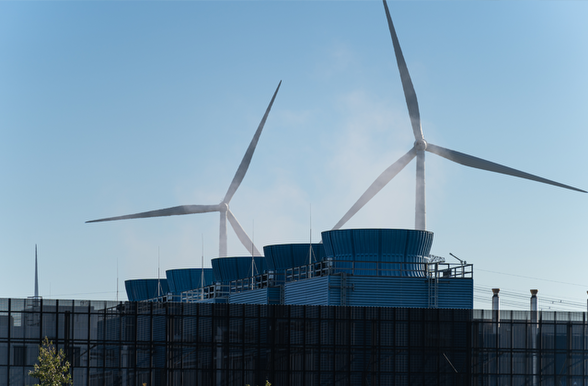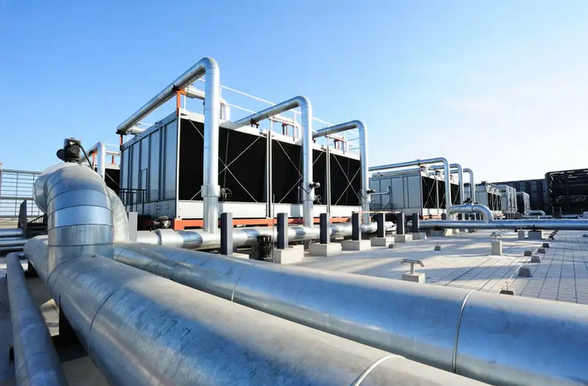Stranded power, cooling, and space capacity in data centers hinder efficiency and scalability. Most servers run at a fraction of capacity due to the constraints of air-cooling technology in the data center. Some data centers even run at lower capacity, with operators using multiple servers at reduced power to enable higher ambient temperatures, thereby improving the facility's pPUE rating. Precision Liquid Cooling enables data centers to make better use of the compute that already exists.

The high-power, high-density CPUs and GPUs powering today’s artificial intelligence applications result in much higher power consumption across data center workloads. Precision Liquid Cooling easily accommodates the increasing heat loads from the latest processor roadmaps and manages them effectively.

Between rising energy usage, increasing power costs and potential government regulations, pressure is on data center operators to reduce the cooling system energy consumption of their facilities. Operating a pPUE of 1.03, Precision Liquid Cooling offers data centers the opportunity to reduce infrastructure energy use by up to 40%, making it easier to achieve Net Zero targets by 2030.
Evaporative cooling techniques for heat rejection are popular with cloud service providers because of their high efficiency and large cooling capacity. However, they consume vast amounts of water. This not only increases operational costs, but in some regions without enough water resources, it puts data centers under scrutiny to reduce water usage. Precision Liquid Cooling significantly reduces water usage from the cooling system design by up to 96%.
